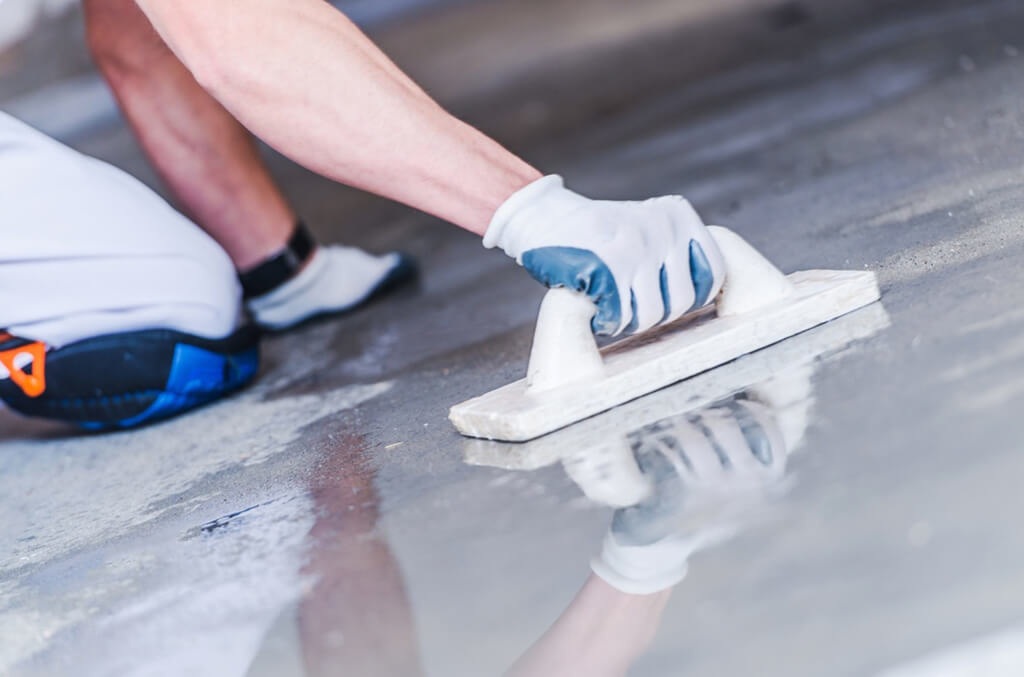
Basement waterproofing is a crucial investment for homeowners in Toronto. The city's climate, characterized by heavy rainfall and snowfall, makes basements susceptible to water damage. Protecting your home's foundation is not only a matter of structural integrity but also a safeguard against health hazards like mold and mildew. In this comprehensive guide, we'll explore the importance of basement waterproofing, the methods available, and how to choose the right solution for Basement Waterproofing In Toronto home.
Understanding the Toronto Climate
Toronto experiences a humid continental climate, with warm, humid summers and cold, snowy winters. This climate pattern results in a high potential for basement moisture problems. Heavy rainfall and melting snow can lead to water seepage, causing structural damage and health issues within homes.
The Dangers of a Wet Basement
A wet basement can have serious consequences for your home. It can weaken the foundation, leading to costly structural repairs. Moreover, dampness provides an ideal environment for mold and mildew growth, which can compromise indoor air quality and pose health risks to your family.
The Benefits of Basement Waterproofing
Basement waterproofing offers numerous benefits. It not only protects your home's structural integrity but also enhances its resale value. A dry basement provides additional living or storage space, making it a valuable asset. Waterproofing also contributes to a healthier indoor environment, reducing the risk of respiratory issues.
Common Causes of Basement Moisture
Understanding the sources of basement moisture is essential. Common causes include poor drainage, cracks in the foundation, and hydrostatic pressure. Identifying the root cause is the first step in effective waterproofing.
Types of Waterproofing Solutions
There are several approaches to basement waterproofing, each catering to specific needs. These include:
Interior Waterproofing
Interior waterproofing methods involve sealing cracks and applying waterproof coatings on the interior walls. This approach is effective for minor leaks and is more affordable than exterior options.
Exterior Waterproofing
Exterior waterproofing involves excavating around the foundation to apply a waterproof membrane. It provides comprehensive protection against water intrusion but is more labor-intensive and costly.
Drainage Systems
Installing drainage systems like French drains and sump pumps can efficiently divert water away from your foundation, preventing moisture buildup.
DIY vs. Professional Waterproofing
While some homeowners attempt DIY waterproofing, it's crucial to recognize the limitations of this approach. Professional waterproofing contractors have the expertise and tools to ensure a long-lasting, watertight solution.
Choosing the Right Waterproofing Contractor
Selecting the right waterproofing contractor is paramount. Consider factors like experience, reputation, licensing, and insurance when making your choice. A well-established, reputable contractor can provide a warranty for their work, offering peace of mind.
Cost Considerations
The cost of basement waterproofing varies depending on factors such as the chosen method, the extent of damage, and the size of your basement. It's essential to obtain multiple quotes and weigh the long-term benefits against the initial investment.
The Basement Waterproofing Process
Understanding the waterproofing process can alleviate concerns. It typically involves assessment, preparation, repair, waterproofing application, and post-work inspection.
Maintenance and Longevity
Regular maintenance is key to preserving the effectiveness of your waterproofing system. Most professionally installed systems come with warranties, but proper care ensures they last for many years.
Signs You Need Waterproofing
Identifying signs of water intrusion early can save you from costly repairs. Look out for dampness, musty odors, cracks, and efflorescence on basement walls.
Preventing Future Water Intrusion
Beyond waterproofing, proactive measures like gutter maintenance and grading can further reduce the risk of basement moisture problems.
Insurance and Warranties
Check your homeowner's insurance policy to see if it covers basement water damage. Additionally, reputable waterproofing contractors often provide warranties on their work.
Local Regulations and Permits
Before starting a waterproofing project, be aware of local regulations and permitting requirements. Compliance ensures your project proceeds smoothly.
Conclusion
Basement waterproofing is an investment that pays off in the long run, protecting your Toronto home from structural damage and health hazards. Whether you opt for interior or exterior waterproofing, the key is to address the issue promptly and professionally.
FAQs
- Is basement waterproofing necessary in Toronto? Yes, given Toronto's climate, basement waterproofing is essential to protect your home.
- Can I waterproof my basement myself? While DIY is an option for minor issues, professional waterproofing ensures a lasting solution.
- How long does the waterproofing process take? The duration depends on the chosen method and the extent of the work required. A professional contractor can provide a more accurate estimate.
- What is the cost of basement waterproofing in Toronto? Costs vary, so it's advisable to obtain quotes from reputable contractors. The investment is well worth the long-term benefits.
- What should I do if I notice signs of basement moisture? Act promptly by contacting a professional waterproofing contractor to assess the issue and recommend the appropriate solution.